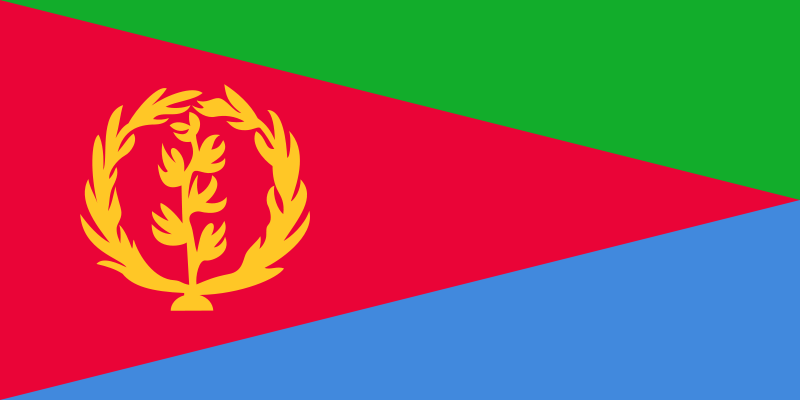10 Eritrean footballers seek political asylum in Botswana
By Tesfa-Alem Tekle
October 15, 2015 (ADDIS ABABA) – A group of footballers from the Eritrean national team sought political asylum in Botswana after the Red Sea Camels lost 3-1 to Botswana on Tuesday in a qualifier match for the 2018 World Cup.
 “About 10 football players from the country declined to board a plane home stating that they needed political asylum,” said Dick Bayford, a lawyer representing the Pretoria-based Eritrean Movement for Democracy and Human Rights (EMDHR) on Thursday.
“About 10 football players from the country declined to board a plane home stating that they needed political asylum,” said Dick Bayford, a lawyer representing the Pretoria-based Eritrean Movement for Democracy and Human Rights (EMDHR) on Thursday.
Following their refusal to return home the players were taken into custody at a police station in Francistown for interrogation.
According to EMDHR, the players have asked refugee status citing to gross human rights violations and forcible conscription to the Army.
The group said it was calling for help to stop the authorities in Botswana from deporting them.
The deserted ten players were reportedly under service within the Eritrean army and if deported they are most likely to face treason charges which is punishable by death.
Eritreans fleeing the country are considered as traitors and if caught could be subjected to tortures and will eventually be thrown to the country’s notorious prisons where they usually serve indefinite jail terms.
Despite that, every month thousands young Eritreans continue to flee one of the world’s repressive nation risking their life to sneak out the heavily patrolled borders of the country.
This is not the first time for Eritrean players to mass defect while in duty.
Eritrean players have often refuse to return home after international matches mainly to escape mandatory military service which in most cases are indefinite.
In 2007, six Eritrean senior players fled while in Angola.
In 2009, some 12 players of the national team sought asylum in Kenya during the Council of East and Central Africa Football Associations (CECAFA) senior Challenge Cup tournament.
The entire Eritrean national team also refused to return home after playing in Kenya in 2011 and a year later 18 players did the same in Uganda and asked here they asked asylum.
Military service is compulsory in the red sea nation to every Eritrean aged 18 to 45.
Eritrea which has been led by President Isaias Afwerki since it gained independence from Ethiopia in 1993 has never had elections and the ruling People’s Front for democracy and Justice (PFDJ) has never implemented constitution.
The government has become increasingly repressive and dictatorial with zero-tolerance for dissent. There are no opposition political opponents functioning in Eritrea.
Currently there are an estimated 10,000 political prisoners with most of them in jail without trial.
A report issued by the UN human rights Council in June, unveil systematic and widespread gross human rights violations in the country, including extrajudicial killings and torture.
According to the report by the UN body, some of the Human right violations in Eritrea may amount crimes against humanity.
The UN has ordered probe onto whether Eritrea was committing the alleged crimes against humanity, a crime which could be prosecuted by the International Criminal Court (ICC).
(ST)
